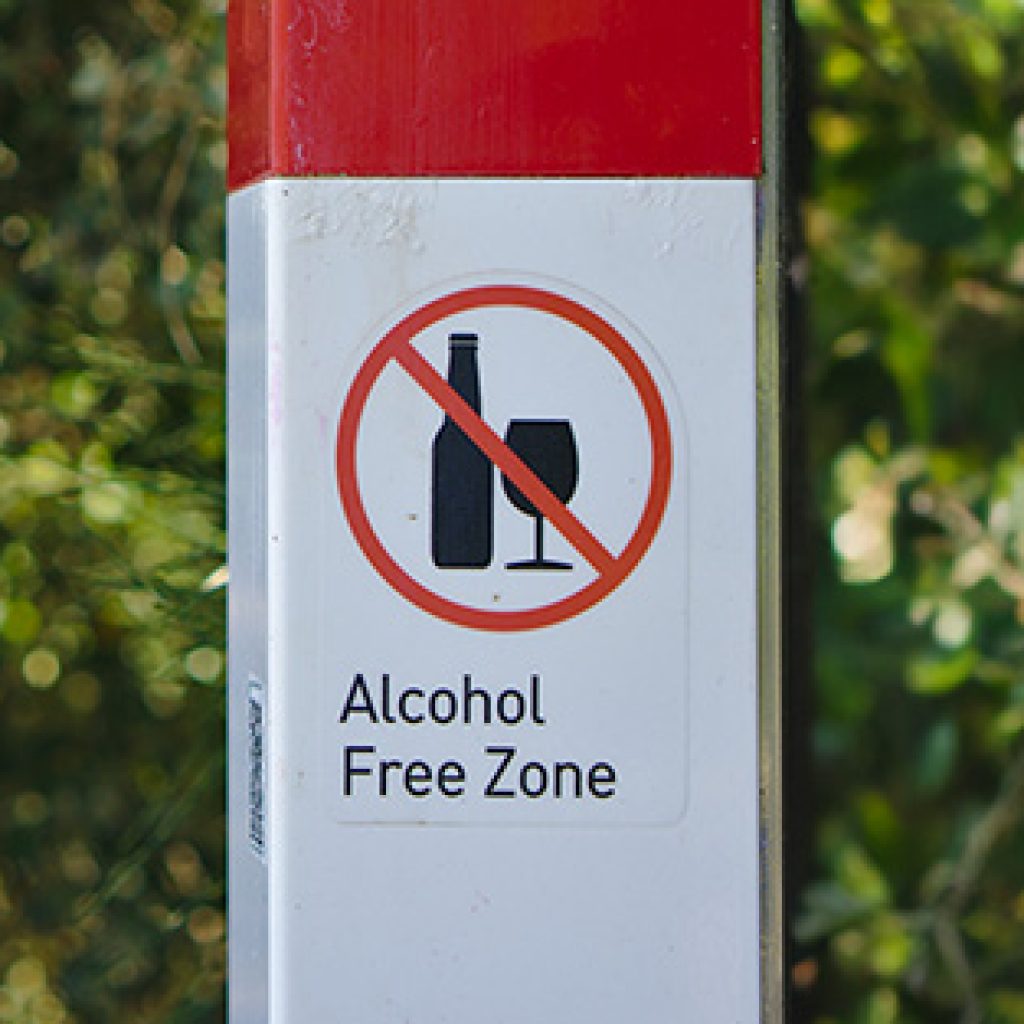Bipolar Disorder: Making the Shift To a Patient-Centered Approach
What is Bipolar Disorder?
Bipolar disorder (formerly called manic-depressive illness or manic depression) is a mental disorder that is characterized by unusual shifts in mood, energy, activity levels, concentration, and the ability to carry out day-to-day tasks. The three types of Bipolar disorder are:
- Bipolar I Disorder— defined by manic episodes that last at least 7 days, or by manic symptoms that are so severe that the person needs immediate hospital care. Usually, depressive episodes occur as well, typically lasting at least 2 weeks. Episodes of depression with mixed features (having depressive symptoms and manic symptoms at the same time) are also possible.
- Bipolar II Disorder— defined by a pattern of depressive episodes and hypomanic episodes, but not the full-blown manic episodes that are typical of Bipolar I Disorder.
- Cyclothymic Disorder (also called Cyclothymia)— defined by periods of hypomanic symptoms as well as periods of depressive symptoms lasting for at least 2 years (1 year in children and adolescents). However, the symptoms do not meet the diagnostic requirements for a hypomanic episode and a depressive episode (NIMH, 2020).
The following chart from the National Institute of Mental Health (NIMH) describes some of the signs and symptoms experienced by people diagnosed with Bipolar Disorder:
| People having a manic episode may: | People having a depressive episode may: |
| Feel very “up,” “high,” elated, or irritable or touchy | Feel very sad, “down,” empty, worried, or hopeless |
| Feel “jumpy” or “wired” | Feel slowed down or restless |
| Have a decreased need for sleep | Have trouble falling asleep, wake up too early, or sleep too much |
| Have a loss of appetite | Experience increased appetite and weight gain |
| Talk very fast about a lot of different things | Talk very slowly, feel like they have nothing to say, forget a lot |
| Feel like their thoughts are racing | Have trouble concentrating or making decisions |
| Think they can do a lot of things at once | Feel unable to do even simple things |
| Do risky things that show poor judgment, such as eat and drink excessively, spend or give away a lot of money, or have reckless sex | Have little interest in almost all activities, a decreased or absent sex drive, or an inability to experience pleasure (“anhedonia”) |
| Feel like they are unusually important, talented, or powerful | Feel hopeless or worthless, think about death or suicide |
Although no single cause for Bipolar Disorder has been identified, some contributing factors may put people at risk. Those factors include:
- Brain Structure and Functioning: Some studies indicate that the brains of people with bipolar disorder may differ from the brains of people who do not have bipolar disorder or any other mental disorder.
- Genetics: Some research suggests that people with certain genes are more likely to develop bipolar disorder. Research also shows that people who have a parent or sibling with bipolar disorder have an increased chance of having the disorder themselves (NIMH, 2020).
Why This Is Important
When properly diagnosed, people with bipolar disorder can lead healthy and active lives. Healthcare providers can play a significant role in accurate diagnosis by conducting a brief screening and referring to a qualified mental health provider. Healthcare providers are likely to see patients who are depressed and an accurate diagnosis is important to avoid misdiagnosis and treatment for major depression since the initial presentation is more often motivated by symptoms of depression rather than mania or hypomania (NIMH, 2020).
What Treatment Is Available?
Treatment can include psychotherapy, medications, or both. One commonly held belief is that medication can stabilize the mood of a person diagnosed with Bipolar Disorder and that is all that is really necessary to manage the disorder. Research shows that medications are not a “silver bullet” for a variety of reasons. According to the NIMH:
- Medications have side effects and both risks and benefits
- Medications can interact with other medications
- Medications must be monitored, and dosage or type of medication may need to be adjusted
- Medications must be taken consistently and should not be stopped without consulting a healthcare provider
One recent study involved 200 adults who were diagnosed with Bipolar I Disorder and received oral antipsychotic medications and who completed a survey about side effects, impact on social functioning, adherence to medication, impact on work, and trade-offs when balancing symptom management and side effects. The study found that 98% of participants experience medication side effects. Some of the most commonly reported include drowsiness or tiredness (83%), lack of emotion (79%), anxiety (79%), dry mouth (76%), and weight gain (76%). 49% of participants said that side effects had a negative impact on job performance and 92% said medication negatively impacted social relationships. Side effects were the most common reason for discontinuing medication for Bipolar Disorder (48%). Of the participants studied, 78% took a single medication, 16% took two medications, and 6% took three or more. While satisfaction with convenience was rated relatively high, overall satisfaction was lower, particularly with those who experienced unpleasant side effects. Nearly two-thirds of participants (66%) reported stopping medications. Of those who stopped taking medication, 51% did so with the agreement of their mental health care provider and 44% did so without agreement of their mental health care provider (Bessonova et al., 2020). Another study of participants diagnosed with Bipolar Disorder I or II found that of 273 participants from a variety of countries, 210 (77%) were adherent and 63 (23%) were less adherent. The adherent trajectory was associated with more motivation, identified by higher rates of daily mood charting, and the less adherent trajectory was associated with more time not euthymic (mood stable). The association of side effects on adherence was not examined (Bauer et al, 2019).
In an invited article about using a patient-centered approach in the treatment of bipolar disorder, one researcher maintains that medication nonadherence in patients diagnosed with Bipolar Disorder may be influenced by a variety of factors, such as the relationship with their healthcare providers, the healthcare system, and people they encounter during the course of their day. They also make decisions about treatment according to personal beliefs, the circumstances of their lives, and how they weigh the benefits of treatment against the disadvantages. Further complicating the decision-making process are their beliefs about medications, family, stigma, and access to treatment (Chakrabarti, 2016). The author argues that the move from an illness centered approach to a patient centered approach is more appropriate and will lead to a better understanding of the best treatment plan for each patient. He also states that “it seems to be the only way forward for both research and clinical practice.”(Chakrabarti, 2016). As Bipolar Disorder has been shown by numerous studies to have an association between poor adherence and increased risk of relapse, recurrence, and hospital admission, understanding the factors that contribute to medication nonadherence is important (Velligan et al, 2009; Berk et al. 2010; Chakrabarti, S., 2019; Semahegn et al, 2020).
Resources to Help Raise Awareness About Bipolar Disorder
Behavioral health providers can help raise awareness about bipolar disorder by sharing informational materials based on the latest research and science. The National Institute on Mental Health (NIMH) offers evidence-based “Digital Shareables on Bipolar Disorder” that you can download and share to help spread the word about bipolar disorder.
Do you have related resources or strategies that you use? Share them in the comments below.
References
Bauer, M., Glenn, T., Alda, M., Bauer, R., Grof, P., Marsh, W., . . . Whybrow, P. C. (2019). Trajectories of adherence to mood stabilizers in patients with bipolar disorder. International Journal of Bipolar Disorders, 7(1), 1-9. doi:10.1186/s40345-019-0154-z
Berk, L., Hallam, K. T., Colom, F., Vieta, E., Hasty, M., Macneil, C., & Berk, M. (2010). Enhancing medication adherence in patients with bipolar disorder. Human Psychopharmacology: Clinical and Experimental, 25(1), 1-16. doi:10.1002/hup.1081
Bessonova, L., Velligan, D. I., Weiden, P. J., O’Sullivan, A. K., Yarlas, A., Bayliss, M., . . . Sajatovic, M. (2020). Antipsychotic treatment experiences of people with bipolar I disorder: Patient perspectives from an online survey. BMC Psychiatry, 20(1), 1-12. doi:10.1186/s12888-020-02767-x
Chakrabarti, S. (2016). Treatment-adherence in bipolar disorder: A patient-centred approach. World Journal of Psychiatry, 6(4), 399. doi:10.5498/wjp.v6.i4.399
Chakrabarti, S. (2019). Treatment attitudes and adherence among patients with bipolar disorder: A systematic review of quantitative and qualitative studies. Harvard Review of Psychiatry, 27(5), 290.
NIMH » Bipolar Disorder. Nimh.nih.gov. (2020). Retrieved 5 August 2020, from https://www.nimh.nih.gov/health/topics/bipolar-disorder/index.shtml.
Maurin, K. D., Girod, C., Consolini, J. L., Belzeaux, R., Etain, B., Cochet, B., . . . Olié, D. E. (2020). Use of a serious game to strengthen medication adherence in euthymic patients with bipolar disorder following a psychoeducational programme: A randomized controlled trial. Journal of Affective Disorders, 262, 182-188. doi:10.1016/j.jad.2019.10.008
Semahegn, A., Torpey, K., Manu, A., Assefa, N., Tesfaye, G., & Ankomah, A. (2020). Psychotropic medication non-adherence and its associated factors among patients with major psychiatric disorders: A systematic review and meta-analysis. Systematic Reviews, 9(1), 17-18. doi:10.1186/s13643-020-1274-3
Velligan, D. I., Weiden, P. J., Sajatovic, M., Scott, J., Carpenter, D., Ross, R., . . . Expert Consensus Panel on Adherence Problems in Serious and Persistent Mental Illness. (2009). The expert consensus guideline series: Adherence problems in patients with serious and persistent mental illness. The Journal of Clinical Psychiatry, 70 Suppl 4(suppl 4
Blog Post Tags:
Related Blog Posts
Related Learning Labs
Related Resources
.
- Buscar Tratamiento de Calidad para Trastornos de uso de Sustancia (Finding Quality Treatment for Substance Use Disorders Spanish Version)
- Finding Quality Treatment for Substance Use Disorders
- Focus On Prevention: Strategies and Programs to Prevent Substance Use
- Monthly Variation in Substance Use Initiation Among Full-Time College Students
- The National Survey on Drug Use and Health (NSDUH) Report: Monthly Variation in Substance Use Initiation Among Adolescents









Thank you, this is very well written and compelling for enrollment in the course.
I have a back ground in brain research for the condition of hypoglycemia, with documented EEG data.
I do believe that this physiological condition, often missed by physicians and mental health workers, can be mislabeled as Bipolar 2 or 3.
I like the idea of an integrative approach to Bipolar which is one of the most difficult mental health conditions to treat. I would particularly be interested in client involvement in their treatment plan and how to prevent inevitable mood changes.
Linda, I’m glad you found the post interesting and you have some excellent points!